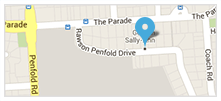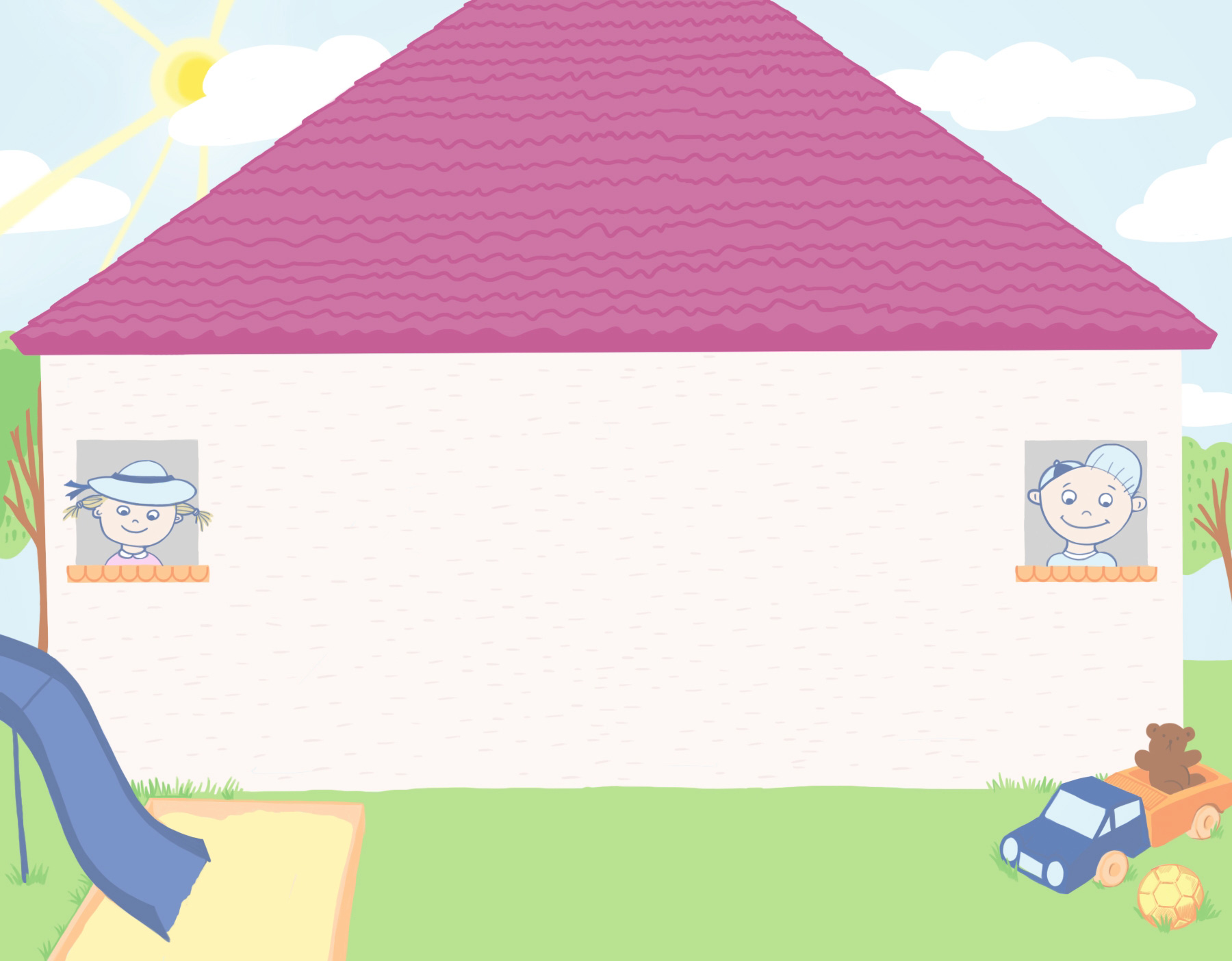-
Remy, the therapy dog has a new friend, Kaylee, who is a Cavoodle. Kaylee is currently undergoing training as a ...
-
Sally-Ann wishes to announce that as of 31st March 2019, she is able to see Private Clients, as well as those ...
Sally-Ann’s Philosophy
Sally-Ann believes that ‘ when you have met one child with Autism Spectrum Disorder (ASD) you have met one child with ASD.’ In other words, no two children with ASD are the same and they should be treated as individuals.
Sally-Ann’s general philosophies are that:
- children should be loved for whom they are rather than for what they can do.
- children and their parents should be listened to and respected.
- it is preferable that all family members are involved in the therapeutic process either by attending the lessons or viewing the children on the DVD’s recordings made of the lessons.
- Speech Pathology should aim towards educating and empowering parents as to how to best teach their child in a positive manner which is fun..
- liaison between all those medical practitioners, allied health professionals, educational professionals and the Speech Pathologist should be maintained.
- children learn better when they are in a stable, loving environment.
- children benefit from set boundaries within which to operate.
- rules provide security for children irrespective of whether or not they have a disability.
- all adults in the child’s environment should aim towards being consistent in the behaviour management of the child.
- Speech Pathology should aim towards the generalization of information learned in the lessons to other situations.
- therapy is best carried out via the medium of play.
- the ability to play imaginatively is a precursor to learning to talk.
- children who are non-verbal benefit from the use of visual teaching methods using such things as signing ( Auslan/Key Word Signing/Makaton) and sometimes Alternative Augmentative Communication ( e.g.: ProloQuo2Go or other communication programmes using an i-Pad).
- methods such as the Picture Exchange Communication System (PECS) using photographs or Boardmaker diagrams can be very effective.
- Boardmaker cards can be used effectively in assisting children in following routines.
- Social Stories are useful in assisting children with difficult situations.
- hand-over-hand teaching of new skills can be useful until a child has learned what to do.
- Speech Pathology practising should be part of everyday life rather than only during a formal teaching situation.
- the aim of Sally-Ann’s method is to teach dynamic skills. Theses are aspects of communication which are fluid and change. These include:
a. non-verbal communication : including gesture, facial expressions and signing.
b. verbal communication: receptive and expressive language.
c. social pragmatic language skills including social imaginative play, turn-taking, greeting, entering
into conversations, maintaining the topic of conversation, not interrupting others, entering into
conversations, maintaining appropriate eye-contact, being a ‘good’ loser, listening to one’s
communicative partner etc.
- Sally-Ann does not believe that teaching static skills (such as numbers, colours, letters, puzzles etc.) should be the focus of therapy with children on the Autism Spectrum as these skills do not comprise those skills necessary for communication.
- individual programming is essential when teaching children with communication difficulties.
- an eclectic approach in Speech Pathology treatment is essential, as not all children respond to the same treatment methods.
- Sally-Ann believes that 0-2 year-olds should not be exposed to any screen time. 2-5 year-olds should have very limited time (no more than 30 minutes). Parents should watch with their child.
- She is of the opinion that screen time has a negative effect on the development of communication skills. ref: I-Pad=I Don’t Talk: The Effects of Young Children’s Screen Time. Brittany Da Silva http://www.hanen.org/helpful-info/articles/ipad-equals-dont-talk.aspx
- I-Pads used for communication purposes should not be used for playing games.
- whilst i-Pads have a place in the therapeutic process, they should not be used by parents as a ‘baby-sitter’ for their child.
- as adults, we should be mindful to instill in our children the resilience to cope with the challenges faced at different stages in their lives.
- it is our role as parents and therapists to teach children to be independent and able to function well as members of society.





